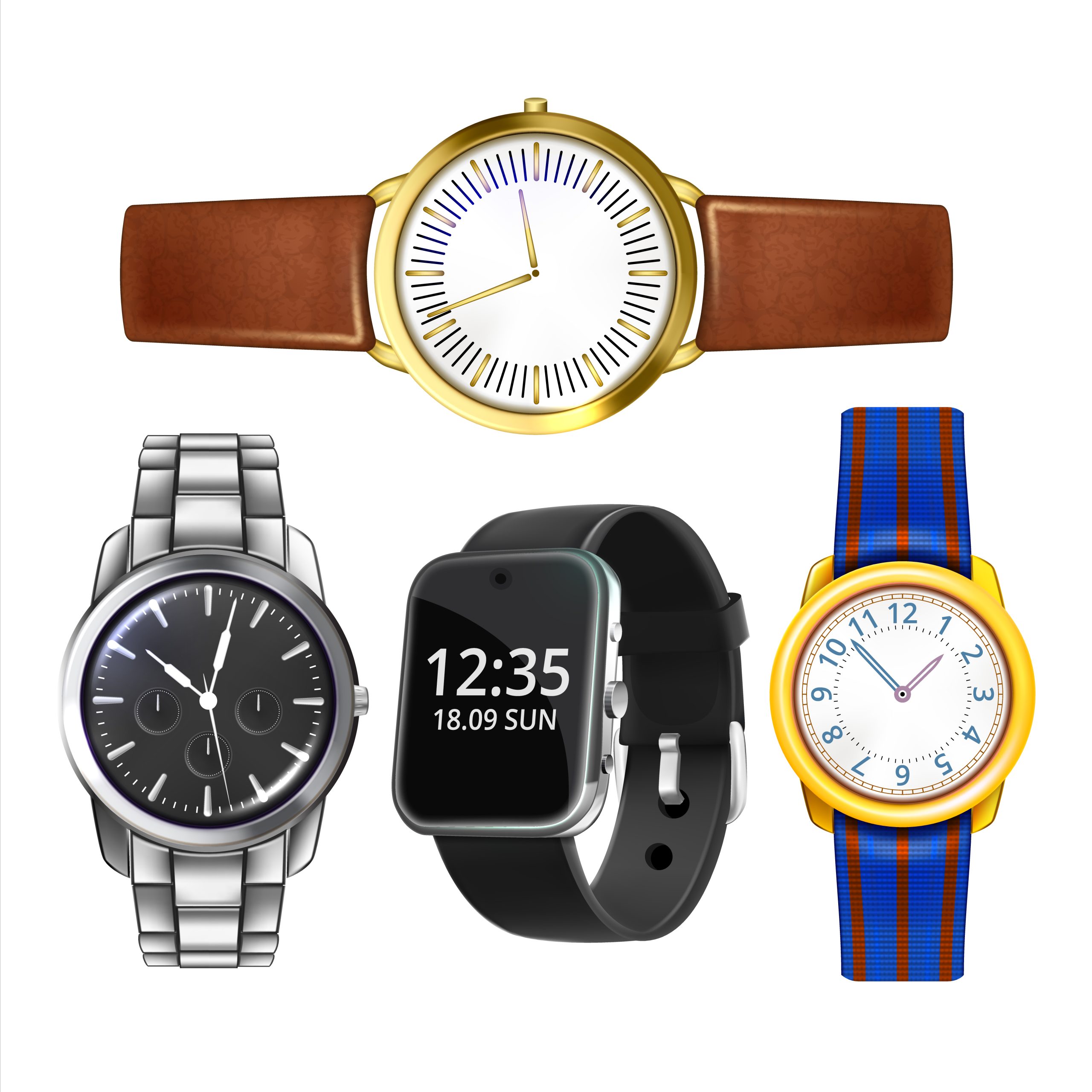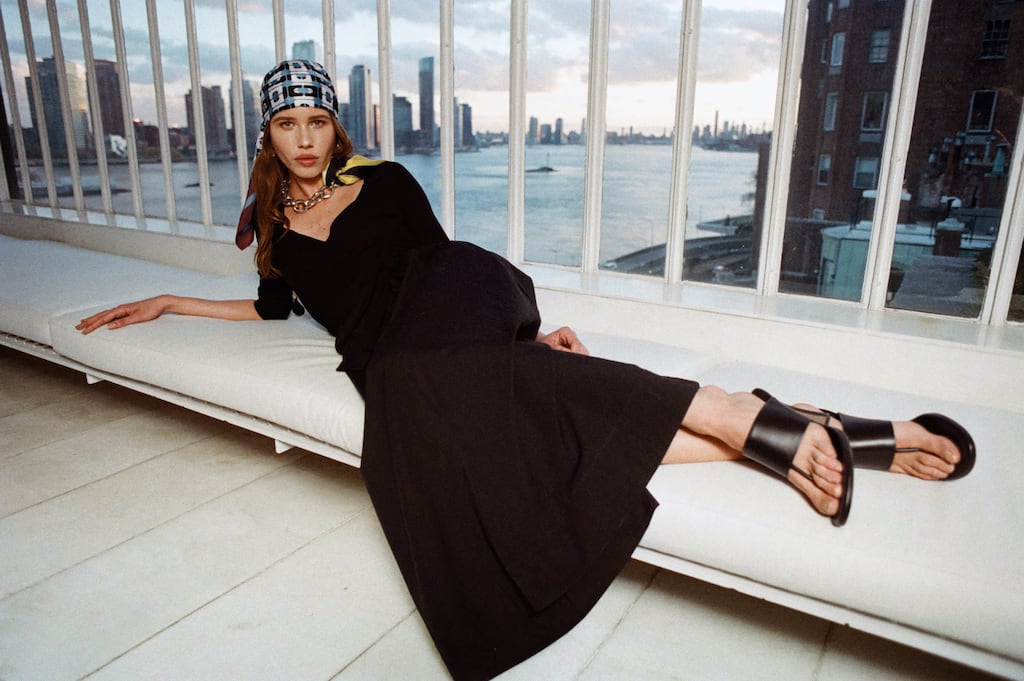Hugo Boss announces that Stephan Sturm will take over as the Chairman of the Supervisory Board of HUGO BOSS AG following the next annual shareholders’ meeting.
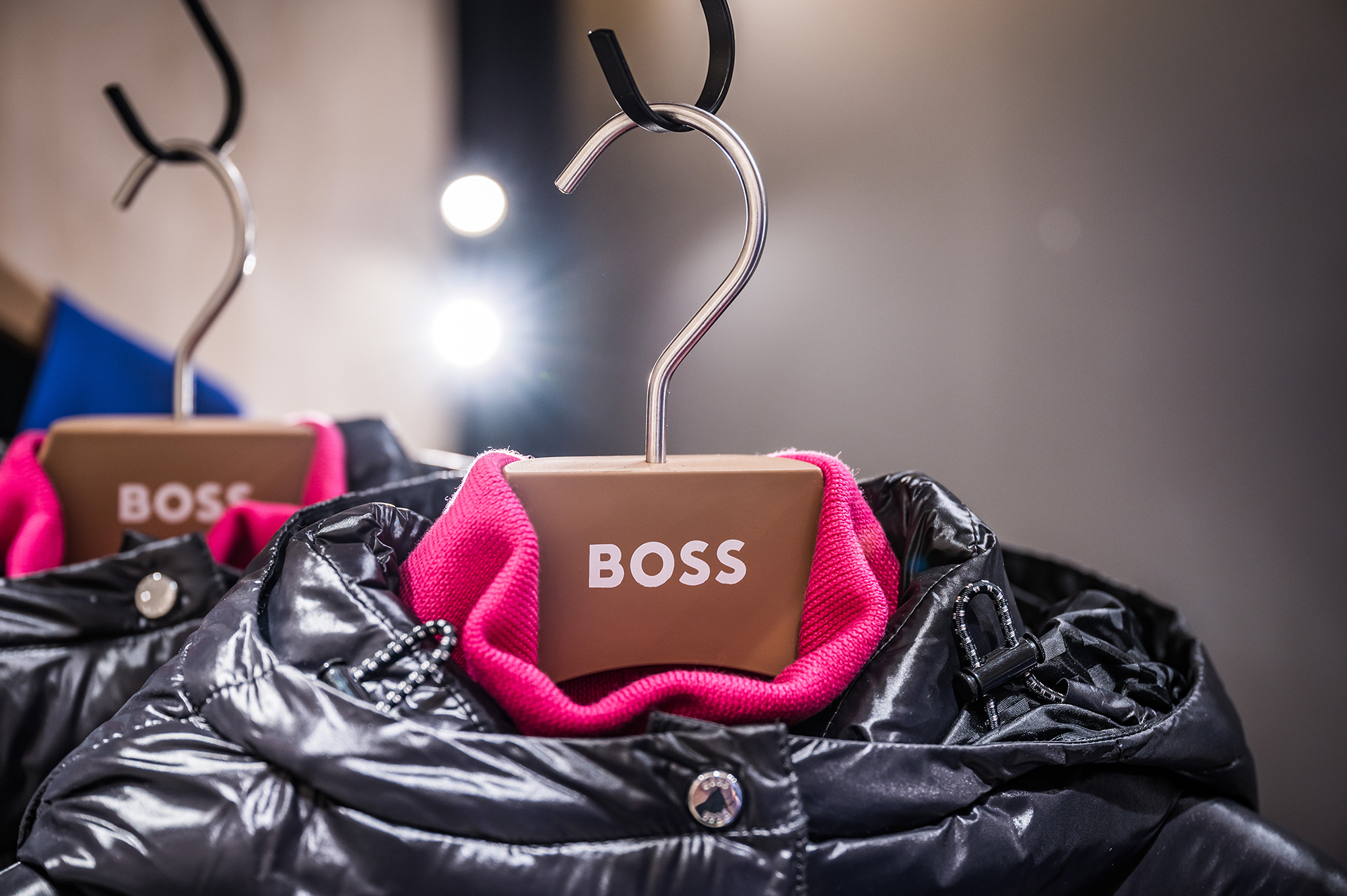
Stephan Sturm To Take Over As Chairman Of Hugo Boss Supervisory Board
The Nomination Committee of the Supervisory Board has proposed Stephan Sturm as successor to Hermann Waldemer for the election at the Annual Shareholders’ Meeting on May 15, 2025.
“I am very pleased that we have been able to win such an experienced leader as Stephan Sturm for the Supervisory Board of HUGO BOSS,” says Hermann Waldemer, Chairman of the Supervisory Board of HUGO BOSS. Based on his previous supervisory board activities, and his many years as Chairman of the Management Board and Chief Financial Officer of the Fresenius health care group, he brings with him a deep understanding of the capital market.
Stephan Sturm holds a degree in business administration and started his career at McKinsey and Company before taking on management positions in investment banking. He worked for Fresenius Group for eighteen years, where he played a key role in the company’s strong growth, first as Chief Financial Officer and later as Chairman of the Management Board.
During his tenure at Fresenius, Stephan Sturm was also Chairman of the Supervisory Boards of Fresenius Medical Care and Fresenius Kabi. Furthermore, he was a member of the Lufthansa Supervisory Board and most recently chaired its audit committee. Stephan Sturm is currently Chairman of the Management Board of the Heinz Hermann Thiele Family Foundation.
HUGO BOSS generates revenue growth

BOSS 2024 holiday campaign
HUGO BOSS is one of the leading fashion and lifestyle companies in the premium segment. Two strong brands BOSS and HUGO, differ in their design aesthetic but meet the same high standards. With approximately 19,000 employees worldwide, the company, based in Metzingen, Germany posted sales of EUR 4.2 billion in 2023.
HUGO BOSS generates further revenue improvements despite a challenging market environment, with a growth trajectory in the Americas and EMEA; performance in Asia Pacific was however impacted by ongoing weak domestic demand in China.
The Group posted robust revenue improvements in brick-and-mortar wholesale and digital. Interestingly, the launch of the BOSS Fall Winter 2024 campaign in August 2024 marks the beginning of a partnership with David Beckham while BOSS Spring Summer 2025 unveiled at Milan Fashion Week is generating more than 40 million livestream views worldwide! What’s more, the new customer loyalty program “HUGO BOSS XP” is driving an increase in its member base.
“In the third quarter, HUGO BOSS achieved solid top-line improvements despite the ongoing weak consumer sentiment,” said Daniel Grieder, Chief Executive Officer of HUGO BOSS. “Most importantly, and despite the volatile market backdrop, we have further enhanced the relevance of our brands, deepening customer engagement and continuing driving brand experiences and product offerings.
“In the third quarter we have also made important progress when it comes to improving cost efficiency. By further leveraging our global sourcing activities and rigorously executing our cost measures introduced earlier this year, we have improved productivity and effectiveness across our business, and supported our bottom-line development,” he continued. “As we approach the important final quarter of 2024, we will continue investing in key strategic initiatives and projects to further strengthen our brands and elevate customer connection with BOSS and HUGO.”
History of HUGO BOSS
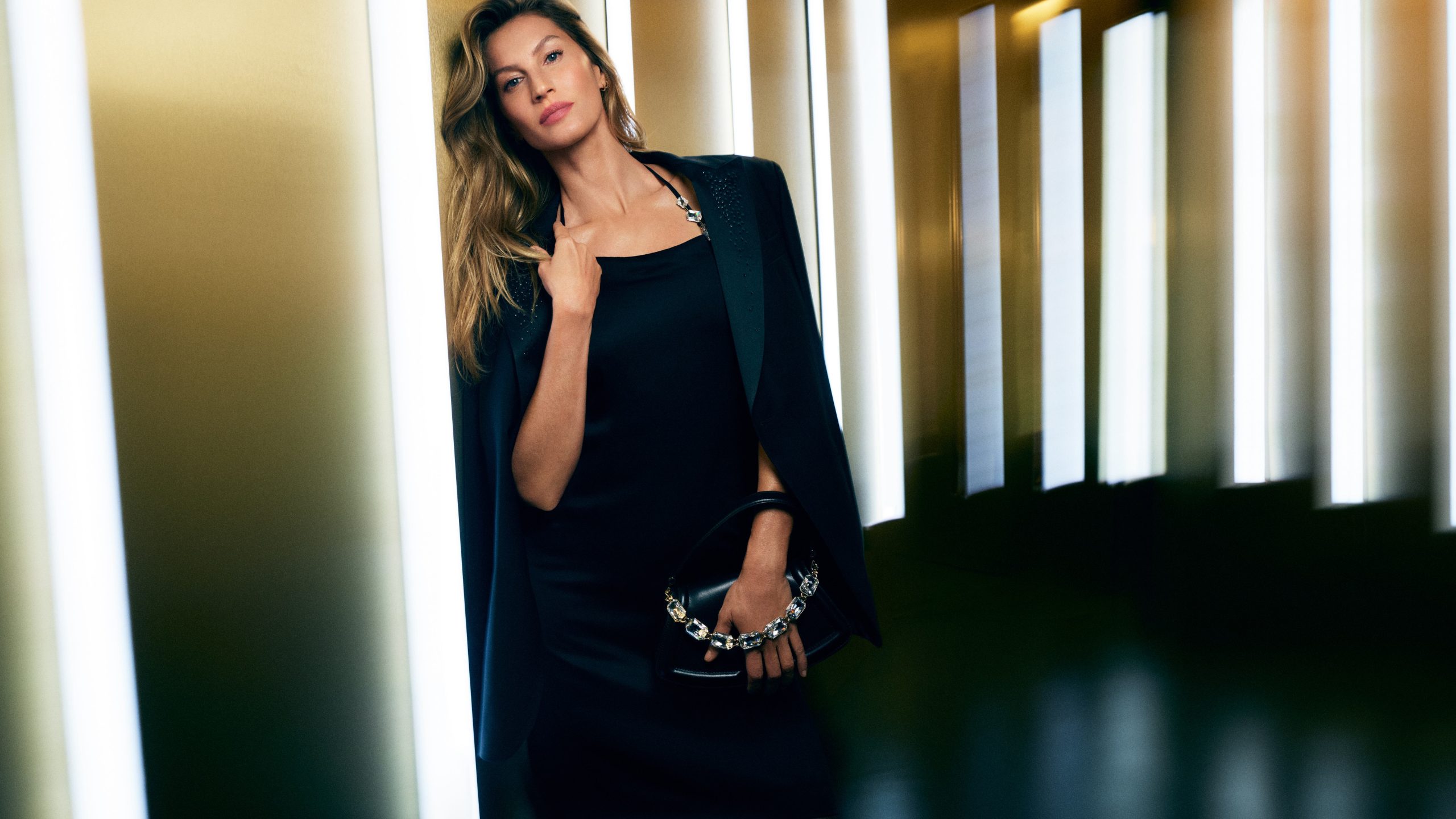
BOSS 2024 holiday campaign
Hugo Ferdinand Boss – the youngest child of Heinrich and Luise Boss, who jointly owned a lingerie and linen shop in Swabian, was the heir to his parents’ shop. He began an apprenticeship as a merchant before enlisting in the army during World War I and later opened his clothing factory in 1924. During its first years the factory handmade garments including shirts for the National Socialist Party. Hugo F. Boss advertised his company during the mid-1930s as a “supplier of Party equipment since 1924.”
In 1929 the global economic crisis caused problems for the textile industry and by 1931 Hugo Boss’ factory was near- bankruptcy. That year Hugo F. Boss became a member of the National Socialist Party which placed orders for uniforms. Hugo Boss however took a long time to recover from the Great Depression. Post- 1938 the company received major commissions for army uniforms.
Hugo Boss grew during the Third Reich. Metzingen was occupied by Allied troops in April 1945 after which it became part of the French occupation. Hugo F. Boss was forced to undergo denazification, during which he was initially classified as “incriminated” and reportedly fined 100,000 reichsmarks. The reasons for this sentence included his early membership of the National Socialist Party, the fact that he benefited financially from National Socialism, and his friendship with Georg Rath, the local leader of the National Socialist Party. Hugo F. Boss appealed against the initial sentence and was ultimately classified as a “follower”.
When the war ended, the company manufactured uniforms for the French occupation forces and the Red Cross. Under the aegis of Hugo Boss’ son-in-law Eugen Holy, production expanded until the end of the Sixties. The company had already begun selling suits during the Fifties and by late Sixties, its sales had climbed to 3.5 million deutschmarks. In 1969 brothers Jochen and Uwe Holy took over the company and began evolving it into the global fashion brand it is today.
In 1984 Boss fragrances appeared and the company was listed on the Frankfurt Stock Exchange the following year. The brand began sponsorship of motorsports, golf and tennis. In 1989 Boss launched its first licensed sunglasses. After the Marzotto textile group acquired a 77.5 per cent stake in 1991 Hugo and Baldessarini brands were introduced. In 1995 the company launched footwear.
Daniel Grieder joined the HUGO BOSS AG Managing Board as CEO in 2021. Per a company release, he explains the brand’s transformative vision: “With the branding refresh and the release of the star-studded campaigns we are ushering in an entirely new era for BOSS and HUGO. It is our aim to excite new and younger target groups and turn them into fans of our brands. Both campaigns are therefore an important step in further boosting brand relevance.”
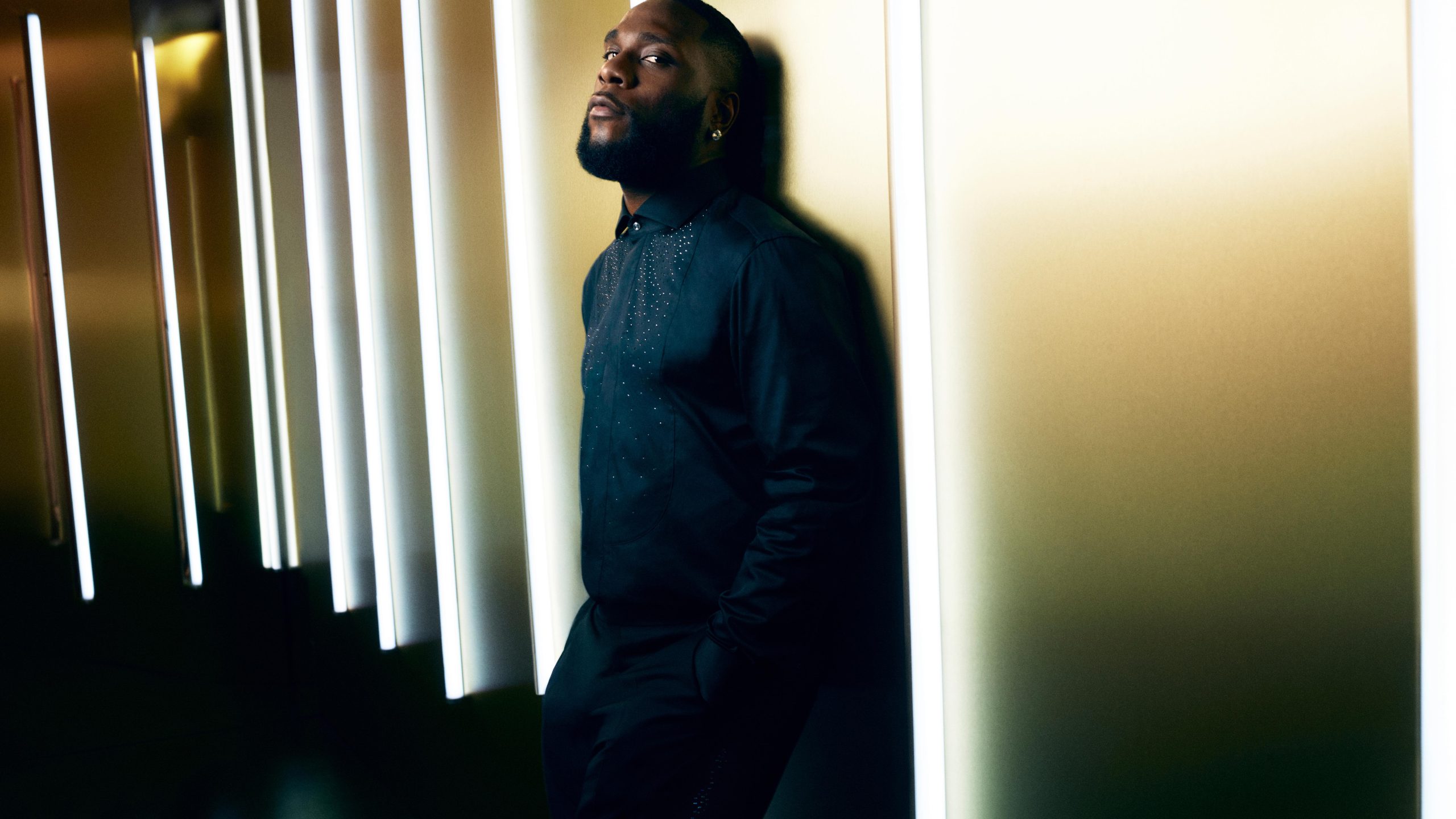
BOSS 2024 holiday campaign
Jasmeen Dugal is Associate Editor at FashionABC, contributing her insights on fashion, technology, and sustainability. She brings with herself more than two decades of editorial experience, working for national newspapers and luxury magazines in India.
Jasmeen Dugal has worked with exchange4media as a senior writer contributing articles on the country’s advertising and marketing movements, and then with Condenast India as Net Editor where she helmed Vogue India’s official website in terms of design, layout and daily content. Besides this, she is also an entrepreneur running her own luxury portal, Explosivefashion, which highlights the latest in luxury fashion and hospitality.




